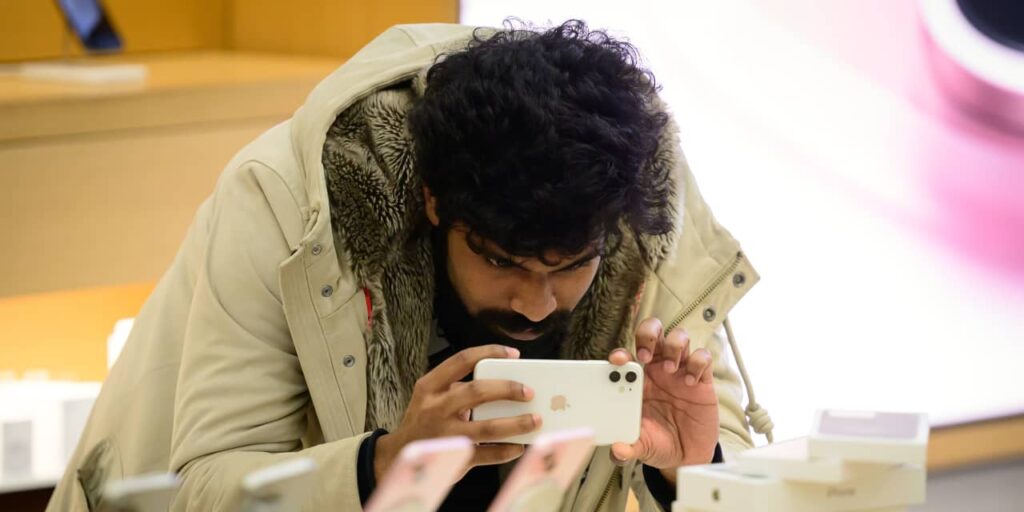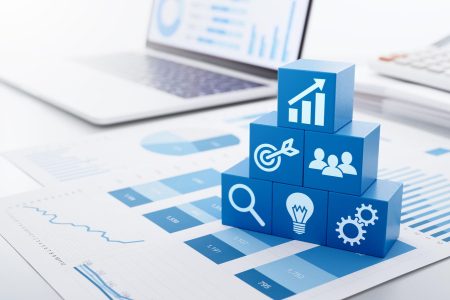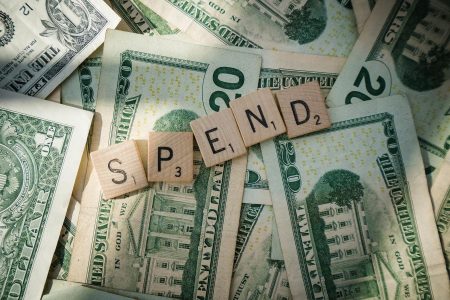Some Apple
AAPL,
iPhone users recently began receiving $92 payments as part of a class-action lawsuit over Apple’s Batterygate brouhaha in 2017. The deadline to claim that money has long since passed, but other class-action settlements involving Apple, Verizon
VZ,
and Epic Games, the developer of “Fortnite,” are still open.
Here’s what to know if you’re interested in trying to claim some money.
Apple will be paying eligible consumers a total of $25 million for allegedly misrepresenting its Family Sharing feature, which is used to share app subscriptions. While Apple denied that it made any misrepresentations, consumers who had a Family Sharing program between June 21, 2015 and January 30, 2019, and who file a claim before March 1, and will receive up to $30 each, depending on their situation, according to the case website about the settlement.
Verizon is also involved in a settlement allowing consumers to claim cash. It involves customers who had a postpaid wireless plan — meaning they were allowed to pay their bill after receiving Verizon service — and were charged an administrative fee. They have until April 15 to file a claim to receive up to $100, with a minimum of $15, depending on how long they’ve been a Verizon customer, according to the settlement website.
For gamers, “Fortnite” parent company Epic Games agreed to pay $245 million after allegations from the Federal Trade Commission related to in-game purchases. Gamers who got charged for unwanted purchases by “Fortnite” can apply for a refund online by Feb. 29, according to the FTC, and the FTC will refund the users using the settlement money. For users who are under 18, a parent or guardian would have to file the claim.
Apple and Verizon did not immediately respond to requests for comment. When asked for comment, Epic Games directed MarketWatch to this blog post from December 2022.
Class-action lawsuits are one way customers seek recourse when they feel they’ve been harmed by a company. But when these lawsuits succeed and yield a payout for consumers, it’s not always so easy to find out if you’re eligible for payment.
In some cases, companies notify eligible consumers via email or paper mail. But for cases that potentially affect large groups of people, the company might choose to post a notice online, in a newspaper or set up a separate website to explain the settlement details. In other words, sometimes it’s on the consumer to find out if they’re eligible. Some websites, such as ClassAction.org, track class-action lawsuits and people can sign up to be notified about new ones.
If you’re not sure if you’re eligible for payment, you can contact the settlement administrator of the case, whose contact information can be found on websites and notices about settlements.
Eligible customers typically file claims either online or via U.S. mail. To do so, they’ll need to provide basic information including their name, address and phone number. In the case of the Verizon settlement, customers who think they qualify will need to provide their Verizon account information. “Fortnite” users will need to provide their Epic Account ID.
It can take months for a settlement payment to reach the customer. It’s also worth noting that sometimes customers who think they’re eligible for payment are rejected.
For example, up to 500,000 people who had submitted claims in Meta’s
META,
settlement over Facebook’s Cambridge Analytica scandal had been rejected by last November, the company administering the settlement fund, Angeion, told the Hill. Some were rejected because they appeared to be fraudulent, but in some cases, the claim may have been incorrectly flagged as fraud because the information the user provided did not match what Facebook had on file.
Meta did not immediately respond to a request for comment.
Read the full article here













